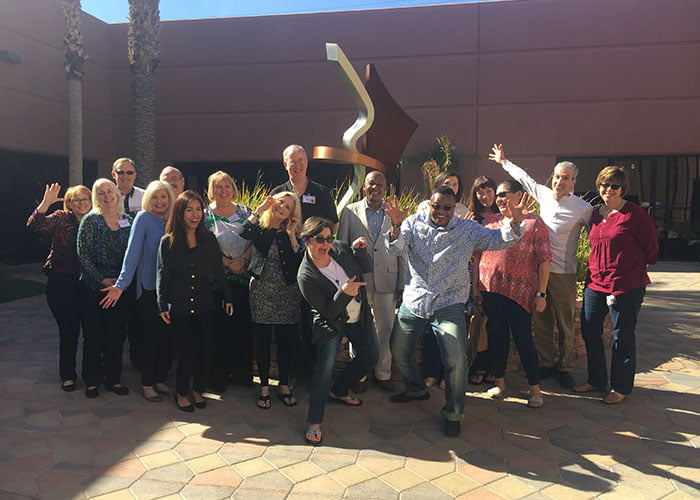David Cooperrider offers insights learned from Appreciative Inquiry application
More than 2,000 years of democracy have brought many changes to our world. More change is on the way. In the 21st century, democracy movements have been seen across the world. The cry for deliberative democracy is being heard around the world, and is being enacted from Nepal to Bhutan, and from Syria to Somalia. It’s met with some success.
But the work isn’t done.
That same strength of respecting the voice of the people “as the voice of God” that has brought about change in the past must be reconsidered to find a new way forward yet again.
Deliberative democracy may be part of the answer. E-democracy is a likely part of the ecology. Local communities are one of the core strengths to be turned to in creating new paradigms of freedom.
The political sphere is filled with the dialogue of gridlock. Communities are crying foul. Jigging voter systems is an increasing trend.
Given these realities, David Cooperrider, Case Western Reserve University’s internationally renowned organizational behaviour professor and founding thought leader of the Appreciative Inquiry (AI) movement, suggests we need new imaginations around the next phase of democracy.
He proposes the strengths-based, AI approach might offer some clues to a way forward. Read Full Article>>
By: Michelle Strutzenberger, writer for Axiom News, on May 1, 2012


Add your comment now using your favorite social account or Click Here To Login
